For many baby boomers in Greater Philadelphia and across the country, the idea of selling your family home can feel like an emotional gut-punch. This is the home where children were raised, where holidays were celebrated, and where decades of life’s moments unfolded. Letting go of that space is never easy; believe me, I’ve had to help clients do it. But as a real estate expert who’s lived and worked in this community for over 15 years, I’ve walked this path alongside many clients, and I can tell you, the decision to move on isn’t about leaving memories behind. It’s about creating new memories and protecting your financial future.
The reality is that as many as 80% of people aged 60 and older simply cannot afford to age in place. Not because they’ve made poor financial decisions, quite the contrary actually; but because the financial demands of staying put in an aging home continue to rise.
For many, it’s becoming unsustainable.
That doesn’t mean your only option is downsizing, but it does mean the time to start considering what the next chapter of your life could look like: simpler, safer, and more financially manageable.
Let’s take a look at some of the most commonly overlooked costs of aging in place, and why selling your home of 30, 40, or even 50 years might be one of the wisest and most empowering choices you’ll ever make!
… … …
1. Household bills are more than just utilities
When most people think about aging in place they assume, “If the mortgage is paid off, I’m in good shape.” But, monthly household bills tell a different story. Older homes are typically less energy efficient. Drafty windows, outdated HVAC systems, and poor insulation all lead to higher utility costs; especially with Greater Philadelphia’s chilly winters and sweaty summers.
Electricity, heating oil, gas, water, and sewer bills can stack up fast. What once seemed manageable while you were working can quickly become overwhelming on a fixed retirement income. And these bills don’t go away; they will only increase over time.
Downsizing to a modern rental unit or condo with energy-efficient systems can cut utility costs dramatically. Plus, some rentals even roll these costs into a fixed monthly payment, simplifying your budgeting.
2. Home Maintenance & Repairs: The Silent Budget Killer
Even a well-cared-for home needs constant upkeep. Roofs wear out. Water heaters break. Plumbing issues pop up when you least expect them. And when they do, they’re not just inconvenient; they’re expensive and time-consuming.
Older homes, especially those built before the 1980s, often come with older electrical systems, worn-out infrastructure, and aging materials. Something as simple as a leaking pipe can lead to thousands in damage and repairs.
Homeownership means being responsible for every inch of your house, inside and out. Those repairs don’t wait for a good time or strong selling market. By transitioning to a rental, you’re eliminating one of the most unpredictable and stressful costs of aging in place.
3. Landscaping and yard upkeep can turn into a burden
That backyard where your kids used to run around, where your grandkids currently run around, or where you planted tulips every spring, carries years of memories. But as you age, yard work becomes less about pride and more about pain, both physical and financial.
Hiring someone to mow the lawn, rake leaves, trim bushes, or manage snow removal from your driveway and/or sidewalks becomes a necessity. Alone, that can cost hundreds or even thousands annually, depending on the size of the property.
What once felt like a joy and pride of ownership has quickly become a line item in your budget and a risk to your health. Moving to a rental or senior community often includes landscaping and snow removal services, giving you peace of mind and freedom to focus on what really matters: your time.
4. Property Taxes: The Steady Climb
Even if your mortgage is long paid off, property taxes are forever; sorry to say it. And in Pennsylvania, taxes rarely go down. In fact, many municipalities in the Greater Philadelphia area have been steadily increasing property tax rates to fund local schools, infrastructure, and services.
While some seniors in the US qualify for property tax rebates or reductions, those kinds of benefits aren’t offered everywhere. They also don’t always cover the full cost or may come with eligibility requirements. It’s not unusual for longtime homeowners to find themselves paying thousands per year just to remain in their homes.
Downsizing means reducing your tax liability. Renting means eliminating it altogether. And in many cases, that’s money you can reallocate toward retirement savings, travel, or making memories with your loved ones.
5. HOA fees are an unexpected drain
Many baby boomers live in communities with homeowners’ associations (aka HOAs). While these organizations are designed to maintain standards and amenities, they come with a cost, and those fees tend to increase over time as the community ages.
HOA fees often cover shared maintenance, community amenities, and reserves for future repairs. But when big projects come along, like roof replacements, driveway repaving, or clubhouse upgrades (if you’re lucky enough to have a clubhouse), special assessments can get into the thousands.
When you downsize or move to something simpler, you may avoid HOAs altogether; or at least, move to a new community where the cost is far more predictable and affordable.
6. Homeowner’s Insurance: Aging Homes = Higher Premiums
As your home ages, the cost of insuring it rises. The last few years have shown most of us that. Insurers see older homes as greater risks for fires, leaking roofs, plumbing failures, electrical issues, and more. Your premiums can creep up year after year, and if you’ve filed a claim or two, the increases can be even more substantial.
Considering a rental shifts this burden dramatically. Renters’ insurance is typically much more affordable and can cost as little as a few hundred dollars per year. You no longer have to worry about insuring your “structure,” only your personal belongings.
… … …
Here’s the truth I share with every baby boomer I work with. Your memories don’t live in the walls of your home. They live in your heart and in the people around you: kids, grandkids, and friends. Holding onto a house for the sake of the past can often get in the way of embracing the future.
When you don’t have to worry about fixing the gutter or scheduling a roof inspection, you have more time to enjoy the things you love.
Selling your long-time home can stack your bank account, simplify your finances, reduce stress, and open the door to a lifestyle with more flexibility than you ever thought was possible. Want to travel more? Spend time with family or friends? Focus on your health and hobbies? Selling and downsizing can make all of that possible.
As someone who’s helped hundreds of homeowners in the Greater Philadelphia area, I understand the weight of this decision. But I have also seen the freedom and happiness on the other side.
If you’re a baby boomer struggling with the idea of selling your home, know this: your story isn’t ending, it’s evolving. You’re not walking away from a house. You’re walking into a new phase of life, one where you’re in control.

















